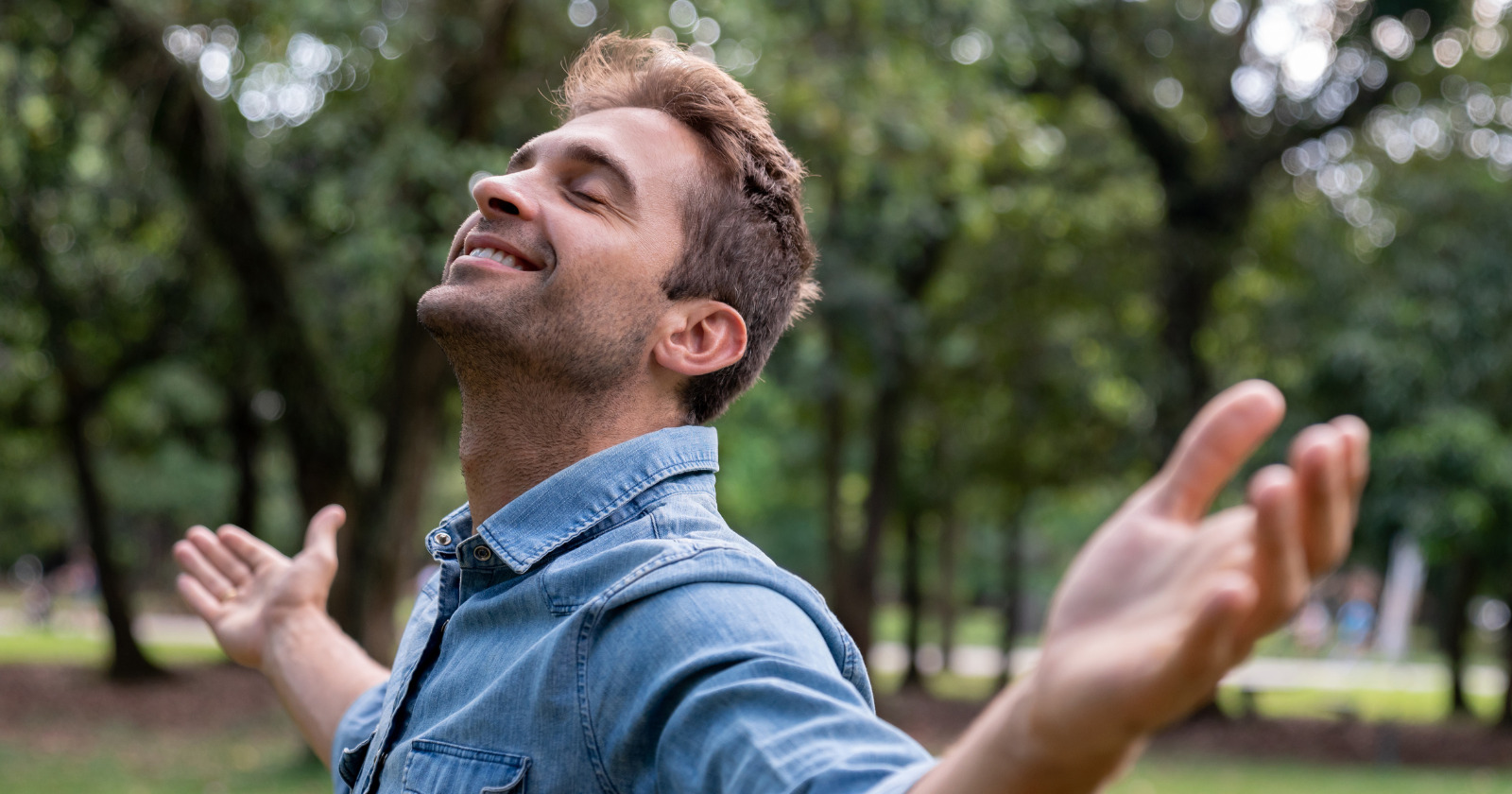Remember the good ol’ days of playing outside until the street lights came on?
Those days when you didn’t have a care in the world, and your biggest worry was whether you’d be home in time for dinner.
Well, it turns out those countless hours spent outdoors might have given you more than just a great childhood.
In fact, if you grew up playing outside, there’s a good chance you’ve developed some pretty impressive skills.
Now, I’m not talking about being able to climb trees or play a mean game of hide and seek (although you gotta admit those are pretty cool skills to have!).
No, I’m talking about real-life abilities that can benefit you as an adult.
Curious to know more? Stick around as we delve into the seven things you’re probably good at if you spent your childhood days playing outside.
1) Navigating your surroundings
With all of the adventures that the outdoors hold, you just can’t help but learn how to navigate different environments.
Some days, you’d be exploring the woods.
Some days, you’d be riding your bike around the neighborhood and learning where all the streets lead to.
Well, all that time spent outside wasn’t just fun and games.
It turns out, this natural playtime may have developed your navigational skills.
You see, when you’re outside exploring, you’re constantly observing and interacting with your environment.
This could be anything from recognizing landmarks to understanding how different paths connect.
And guess what?
These skills don’t just disappear when we grow up.
They continue to serve us as adults, whether it’s navigating a new city or finding our way around a large office building.
- People who achieve financial freedom usually follow these 8 daily rules, according to experts - Global English Editing
- If a man uses these 8 phrases, he isn’t emotionally available or ready for a real relationship - The Blog Herald
- 7 behaviors of people who have a free-spirited nature but often feel stuck in routine - NewsReports
So if you’re someone who rarely needs a GPS to get around, you might have your childhood adventures to thank for that!
2) Being adaptable
Playing outside, in my experience, was always a bit of an adventure.
Every day presented new challenges. Maybe it rained and our usual play area turned into a muddy mess, or perhaps it was too hot to play on the asphalt.
But did that stop us? Of course not!
We simply adapted. The muddy mess became a canvas for our imagination, and the hot asphalt, well, we just moved to the grassy park.
Looking back, I realize those experiences taught me how to be adaptable.
How to quickly adjust to new situations and make the best of what’s available.
And let me tell you, this adaptability has been invaluable in my adulthood.
Whether it’s adjusting to a new role at work or dealing with unexpected life changes, I’ve found that being able to adapt quickly and effectively is a real advantage.
And I owe a lot of it to those childhood days spent playing outside.
3) Appreciating the simple things
Do you ever find yourself standing in awe of a beautiful sunset, or taking a moment to listen to the sound of raindrops on a window?
This may seem insignificant to some, but I believe it’s a skill we develop when we spend time outside as kids.
You see, when we play outdoors, we’re engaging with nature.
We’re discovering its beauty and power, and learning to appreciate it for what it is.
As kids, we find joy in the simplest things – a colorful leaf, a fascinating bug, or the sound of birds chirping in the trees.
I remember jumping in glee when I found a fat green caterpillar munching its way through a leaf!
As adults, this translates into an ability to find happiness and contentment in everyday life.
And that’s a bigger gift than you’d think.
In a world that places so much emphasis on huge achievements and wanting more, more, more…we can quickly forget how much joy there is in the simple pleasures.
So if you can do that, I think you’re doing pretty great.
4) Physical fitness

This one’s kinda obvious.
When we were kids playing outside, we were constantly on the move.
Running, jumping, climbing – our bodies were in constant motion.
And while we were having the time of our lives, we were also giving our bodies a fantastic workout.
Fast forward to adulthood, and this early introduction to an active lifestyle can lead to a natural inclination towards physical fitness.
Whether it’s going for a run, hitting the gym, or simply preferring to take the stairs instead of the elevator – if you’re someone who enjoys staying active, your childhood days of playing outside might have something to do with it.
So, in a way, all those games of tag and hide-and-seek were not just games, but an early foundation for a healthy lifestyle.
How cool is that?
5) Problem-solving skills
Ever got stuck in a tree and had to figure out the best way to climb down? Or maybe you had to strategize the ultimate plan to win at capture the flag?
Playing outside often puts us in situations where we have to think on our feet and solve problems quickly.
This kind of critical thinking and problem-solving ability can easily transfer into our adult lives.
It helps us make decisions, troubleshoot issues, and come up with creative solutions at work or in our personal lives.
Research backs that up as well.
According to studies, time spent outdoors improves kids’ cognition and academic learning.
So next time you’re faced with a tricky situation, channel your inner child and tackle it head-on!
6) Compassion for nature
When we spend our childhood playing outside, we develop a special bond with nature.
We witness the changing seasons, see animals in their natural habitats, and learn to respect the environment.
This connection often grows into a sense of compassion and empathy towards nature.
We understand the importance of preserving our environment and doing our part to protect it.
So if you’re someone who feels a pang of guilt when you forget your reusable grocery bags or can’t bear the thought of littering – it’s likely that your love for nature began in your childhood backyard.
In today’s world, where climate change is a real concern, this empathy towards nature isn’t just a nice quality to have – it’s necessary.
And I believe we could all use a little more of it.
7) Building genuine relationships
Playing outside often means playing with others – be it siblings, neighbors, or school friends.
These interactions teach us the value of cooperation, compromise, and communication.
We learn to share, to play fair, and to accept winning and losing graciously.
These are the building blocks for forming healthy and genuine relationships.
And when we grow up, we’re more able to work well in teams, communicate effectively, and build strong connections with those around us.
In my book, that’s one of the most valuable skills anyone can have.
Final thoughts
If these points resonate with you, chances are, your outdoor playtime as a kid has shaped more of your adult life than you realized.
So take this as a reminder to nurture the child in you.
Keep playing and spending time outside, no matter how old you are.
Step outside, breathe in the fresh air, and appreciate the world around you.
You’re never too old to play!









